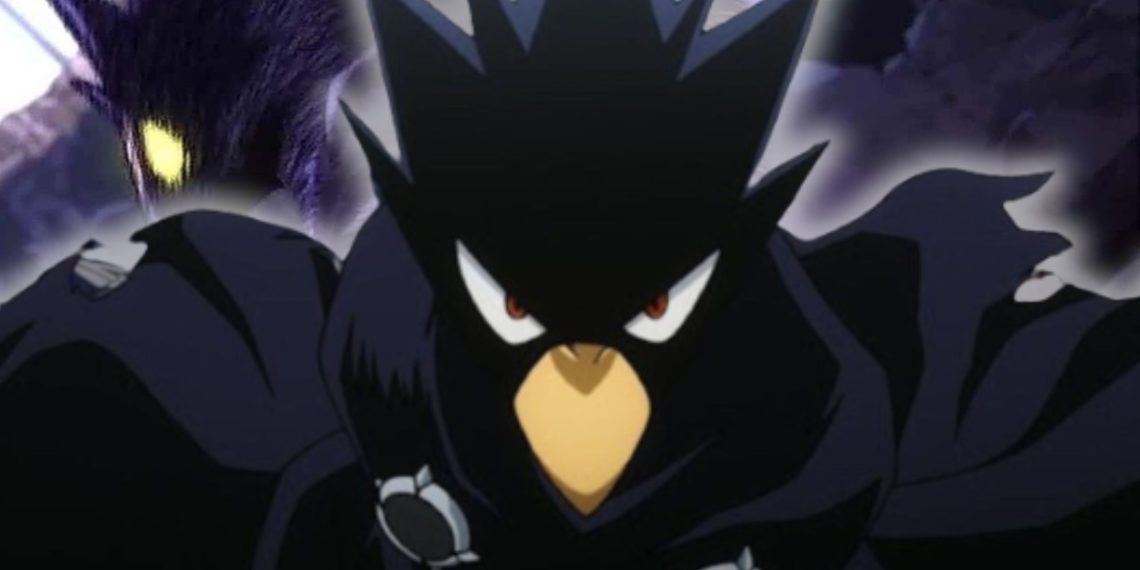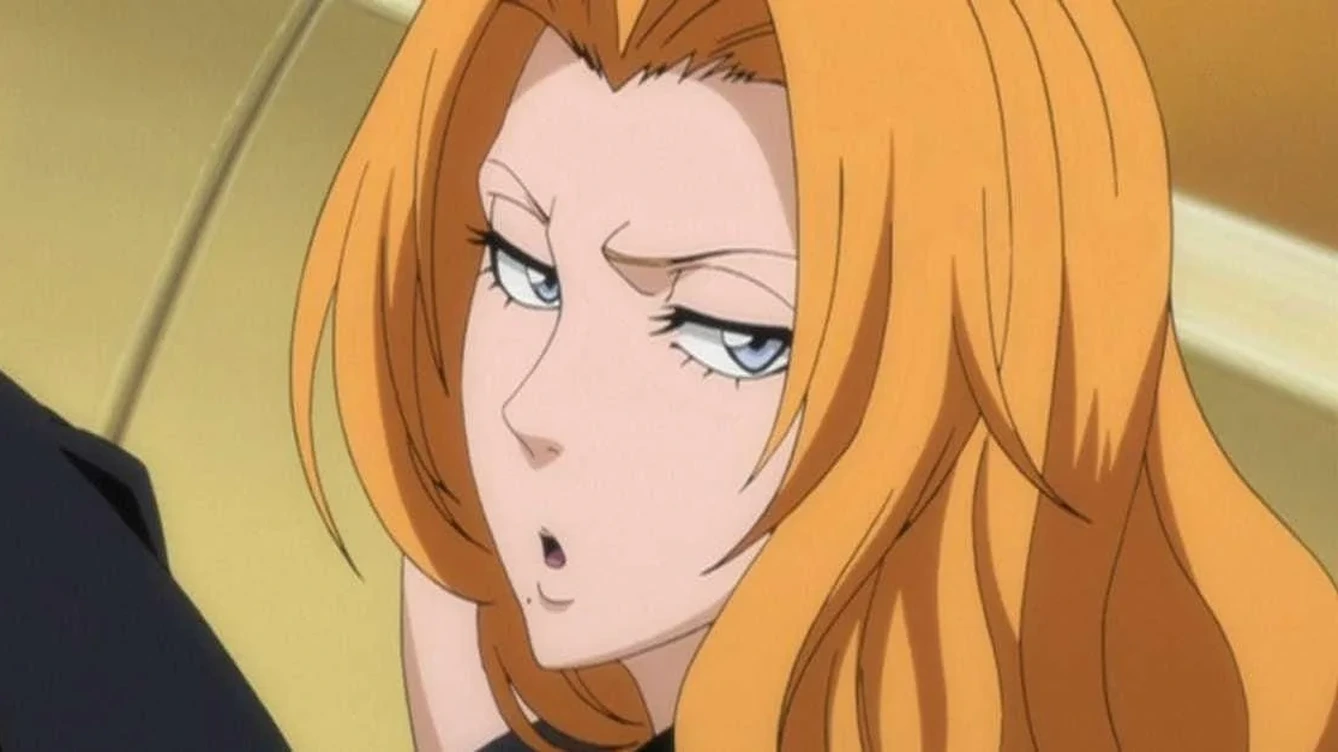Now that Kohei Horikoshi’s magnum opus, My Hero Academia, has officially reached its ending, fans of the series are reflecting on its generational impact and the influence it has had on the shonen genre.
Throughout its run, My Hero Academia attracted the audiences with its unique blend of traditional superhero elements and deeply personal character development, leaving an indelible mark on the world of manga and anime.
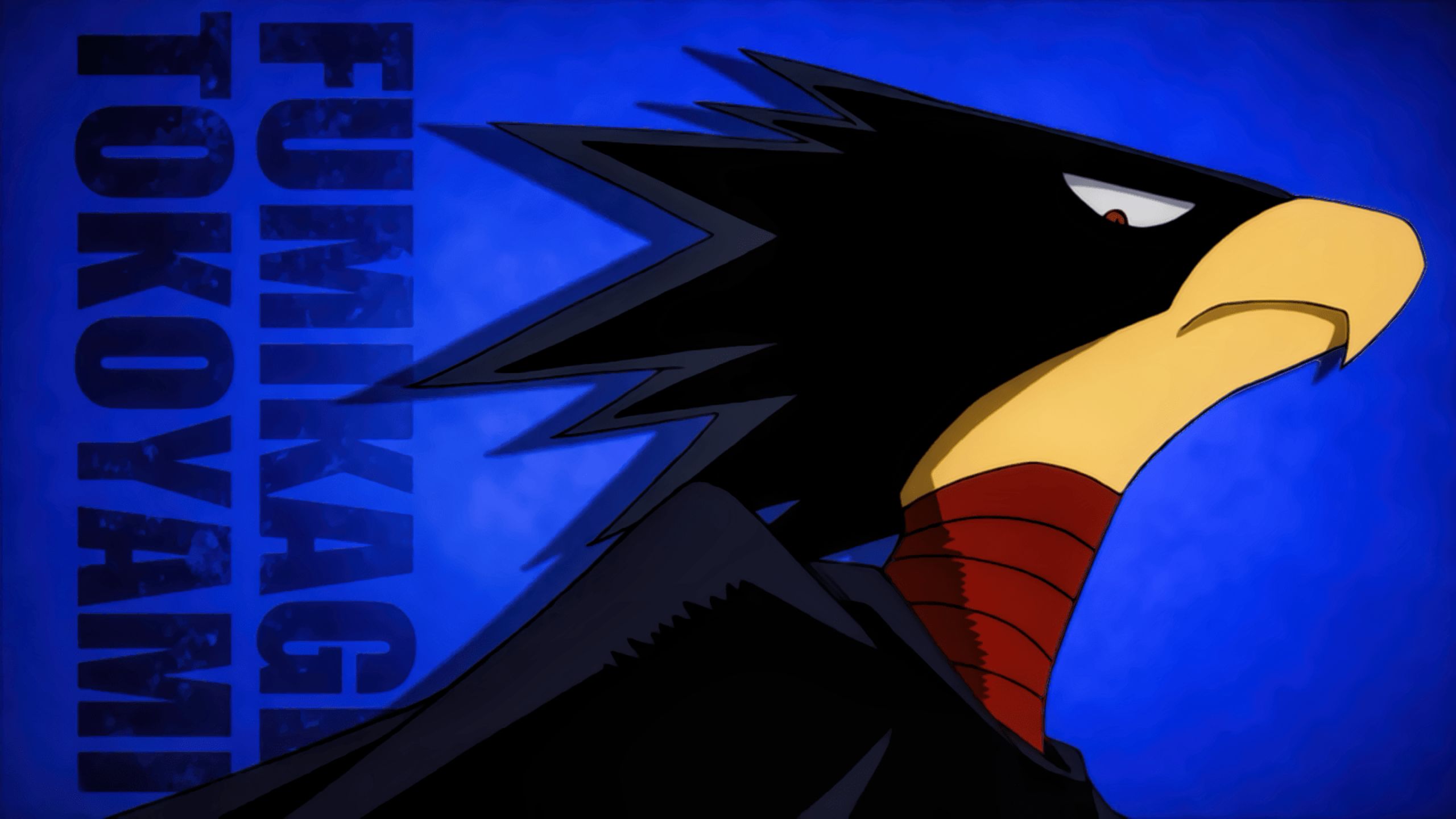
The series, centered around Izuku Midoriya, aka Deku, and his journey to become the greatest hero, has been a story not only about the trials and tribulations of its characters but also about the Quirks that define them.
In the My Hero Academia world, Quirks superhuman abilities unique to each individual are at the core of society.
These abilities have shaped the world in profound ways, affecting everything from daily life to the structure of government and law enforcement.
Quirks are incredibly various, ranging from the mundane to the extraordinary, and they play a significant role in the series’ exploration of heroism, morality, and the human condition.
However, among the vast array of Quirks introduced throughout the series, there is one that stands out for its complexity and potential but unfortunately never received the full attention it deserved: Fumikage Tokoyami’s Dark Shadow.
Evolution of Quirks in My Hero Academia
Before entering into the specifics of Dark Shadow, it’s essential to understand the broader context of Quirks within the My Hero Academia universe.
Quirks began appearing several generations ago and have since become a societal norm.
Today, approximately 80% of the global population possesses a Quirk, leading to a world where superpowers are common, and the idea of becoming a hero has become a viable career path.
The variety of Quirks in the series is staggering, with abilities ranging from the practical to the bizarre.
Kohei Horikoshi, the brilliant mind behind the series, created a world where nearly every character possesses a unique ability that reflects their personality, background, and role in the story.
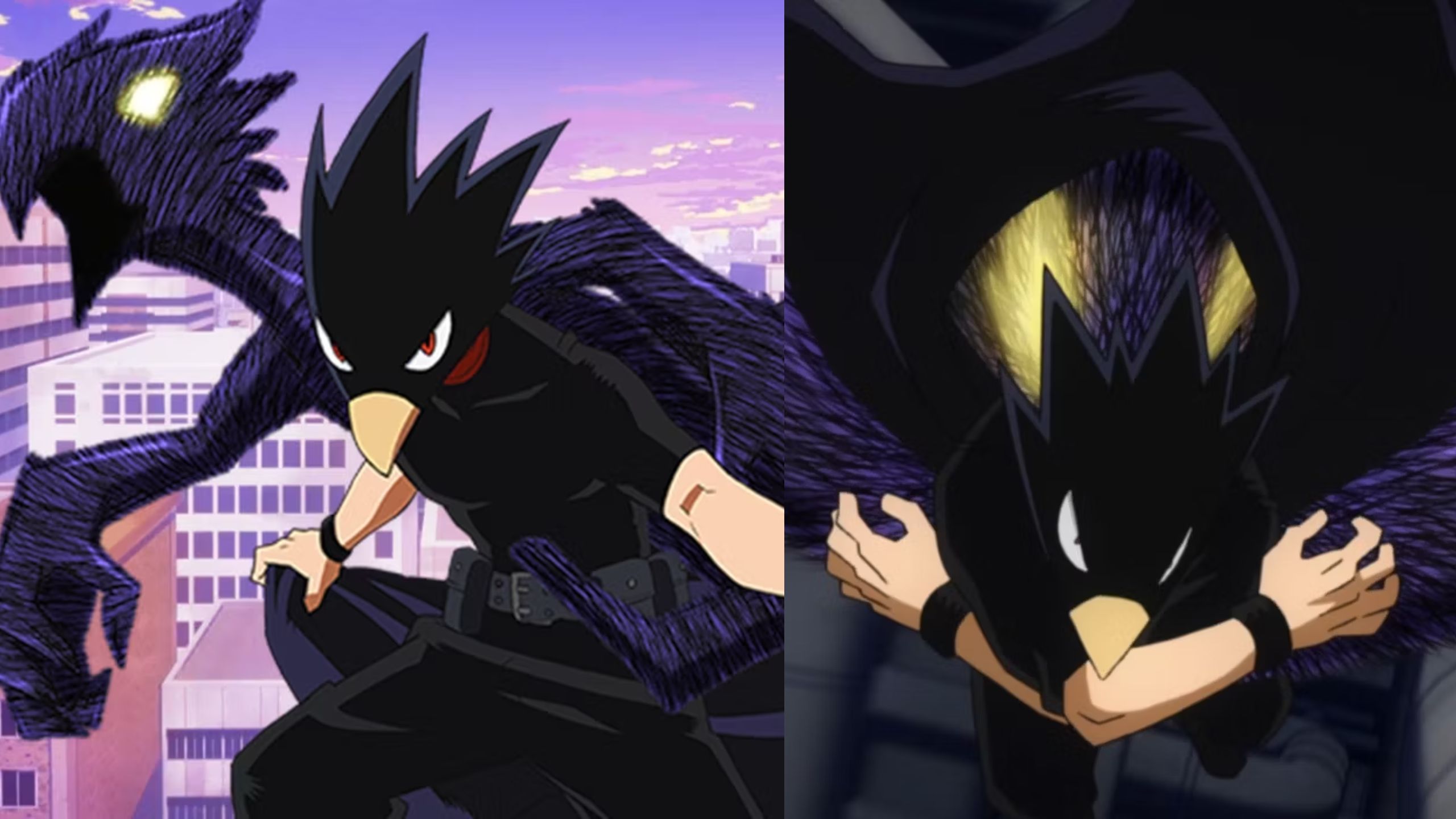
Some Quirks, like Shoto Todoroki’s Half-Hot Half-Cold, allow for incredible versatility in combat, while others, like Minoru Mineta’s Pop Off, are more unconventional but still valuable in specific situations.
Izuku Midoriya’s Quirk, One For All, is perhaps the most significant in the series, not only because it is central to the plot but also because it represents the culmination of generations of heroes passing on their power to the next.
One For All’s complexity and the responsibility it entails make it a focal point of the story, but this focus inevitably means that other fascinating Quirks receive less attention.
Among these overlooked abilities is Fumikage Tokoyami’s Dark Shadow, a Quirk that is unique in its sentience and potential but remains underexplored.
Understanding Dark Shadow: A Quirk Unlike Any Other
Fumikage Tokoyami is one of the most intriguing characters in My Hero Academia, and much of his appeal lies in his Quirk, Dark Shadow.
Unlike most Quirks, which manifest as physical or elemental abilities, Dark Shadow is a sentient entity that resides within Tokoyami’s body.
This creature can be summoned at will, taking the form of a shadowy, bird-like figure that can fight alongside Tokoyami, defend him, and even think and act independently.
The concept of a sentient Quirk is fascinating, as it introduces a dynamic that is rarely seen in other characters.
Dark Shadow is not merely an extension of Tokoyami’s will or physical capabilities; it is a being with its own thoughts, emotions, and personality.
This sentience is what sets Dark Shadow apart from other Quirks and makes it one of the most compelling abilities in the series.
He has an absolutely amazing and unique quirk. I mean a sentient being of darkness? Do you have any idea how rare it must be in The MHA world to have sentient quirks? Also ppl forget that Dark Shadow is more than just a quirk but also a person with a personality- pic.twitter.com/VUPUcO1KuP
— ♡Fresita♡ ★ THE TOKOYAMI FAN (@TechnoKittyX3) July 22, 2024
Dark Shadow’s personality is distinct from Tokoyami’s. While Tokoyami is calm, reserved, and serious, Dark Shadow can be more impulsive, aggressive, and sometimes difficult to control.
This contrast creates an interesting dynamic between the two, as Tokoyami must constantly balance his own will with the desires and instincts of Dark Shadow.
This relationship between Tokoyami and his Quirk is reminiscent of the bond between a hero and their sidekick or even between a person and their inner self.
However, despite the clear potential for deep character exploration and unique storytelling, Dark Shadow’s role in the series remains limited.
While the Quirk does receive some attention, particularly during moments of intense combat, it is often overshadowed by the more straightforward, powerful abilities of other characters.
This lack of focus is unfortunate, as Dark Shadow represents a rare opportunity to enter into themes of identity, duality, and the nature of power.
Untapped Potential of Sentient Quirks
The idea of a sentient Quirk is not entirely unique to Dark Shadow. Another example can be found in Rody Soul’s Quirk, Soul, from the movie My Hero Academia: World Heroes’ Mission. Rody’s Quirk manifests as a small, bird-like creature named Pino, which shares a similar sentience to Dark Shadow.
Pino acts as Rody’s conscience, reflecting his true emotions and sometimes acting independently of Rody’s wishes.
Both Dark Shadow and Pino are examples of how Quirks can be more than just tools or weapons; they can be characters in their own right, with personalities, desires, and the ability to influence the story in meaningful ways.
These sentient Quirks challenge the traditional understanding of Quirks as mere extensions of a person’s body or mind, instead presenting them as entities with their own agency.
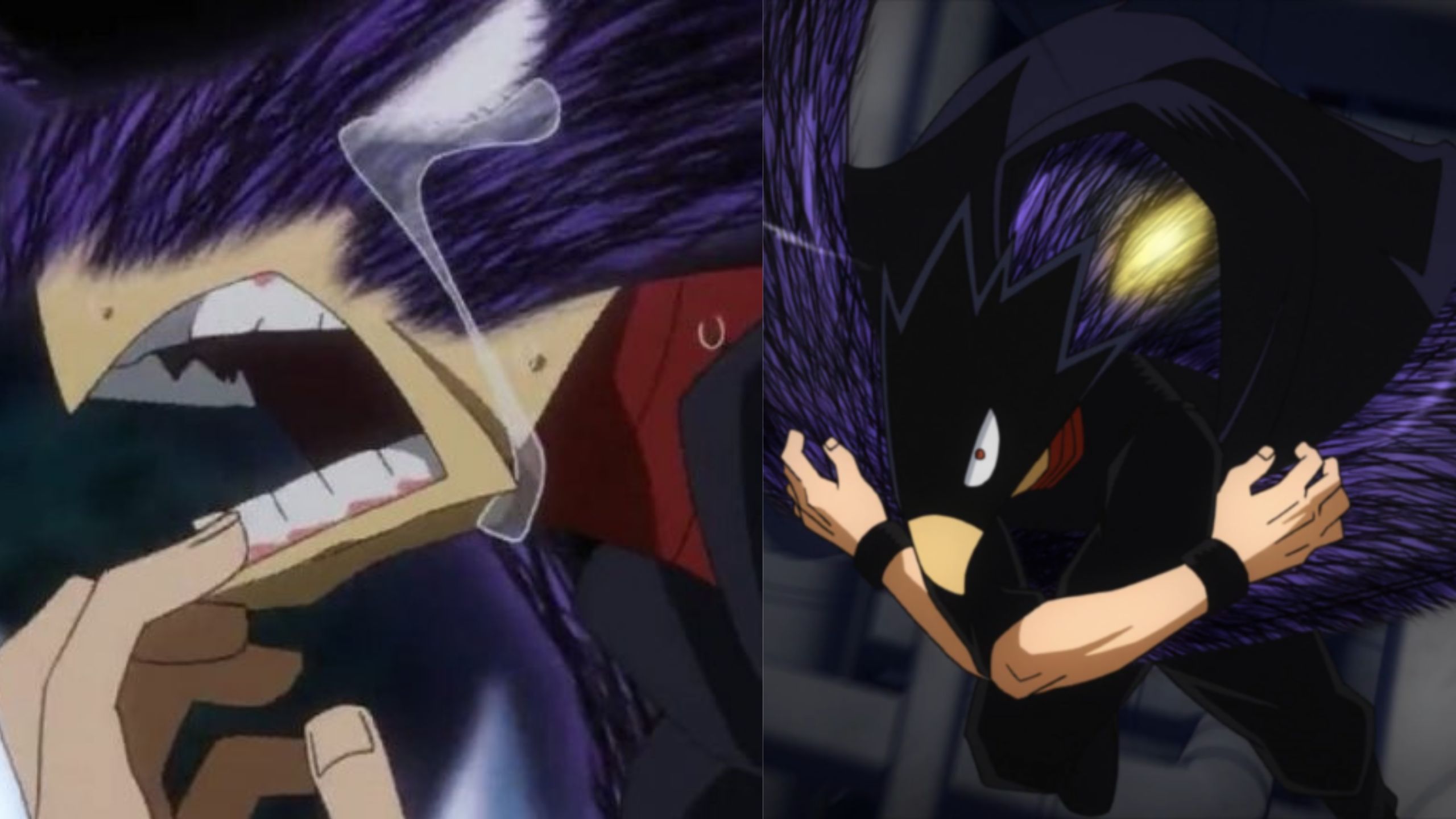
In many ways, sentient Quirks like Dark Shadow and Pino share similarities with the concept of Stands from JoJo’s Bizarre Adventure.
Stands are supernatural manifestations of a person’s fighting spirit, often with their own unique personalities and abilities.
Like Dark Shadow, Stands are not just tools for battle; they are companions, reflections of their users, and sometimes even antagonists in their own right.
The potential for storytelling with sentient Quirks is immense.
They open the door to exploring complex relationships between characters and their Quirks, as well as the ethical implications of possessing a sentient being.
How does one balance their own will with that of a sentient Quirk? What happens when the desires of the Quirk conflict with the needs of the user?
These are questions that My Hero Academia could have explored in greater depth, particularly with a character like Tokoyami, who already embodies themes of darkness, control, and inner conflict.
Missed Opportunities in Character Development
Fumikage Tokoyami is a character brimming with potential, not just because of his Quirk but because of his personality and background.
As one of the more mysterious and reserved students in Class 1-A, Tokoyami’s character is ripe for development.
His design, inspired by gothic and avian imagery, immediately sets him apart from his peers, and his serious demeanor contrasts with the more lighthearted and energetic characters in the series.
Despite these intriguing qualities, Tokoyami often remains in the background, both literally and figuratively.
While other characters receive extensive arcs that explore their motivations, backstories, and growth, Tokoyami’s development is more subdued.
His Quirk, Dark Shadow, is often used to demonstrate his strength in battle, but the emotional and psychological aspects of having a sentient Quirk are not fully explored.
One of the few instances where Tokoyami and Dark Shadow receive significant attention is during the Forest Training Camp arc.
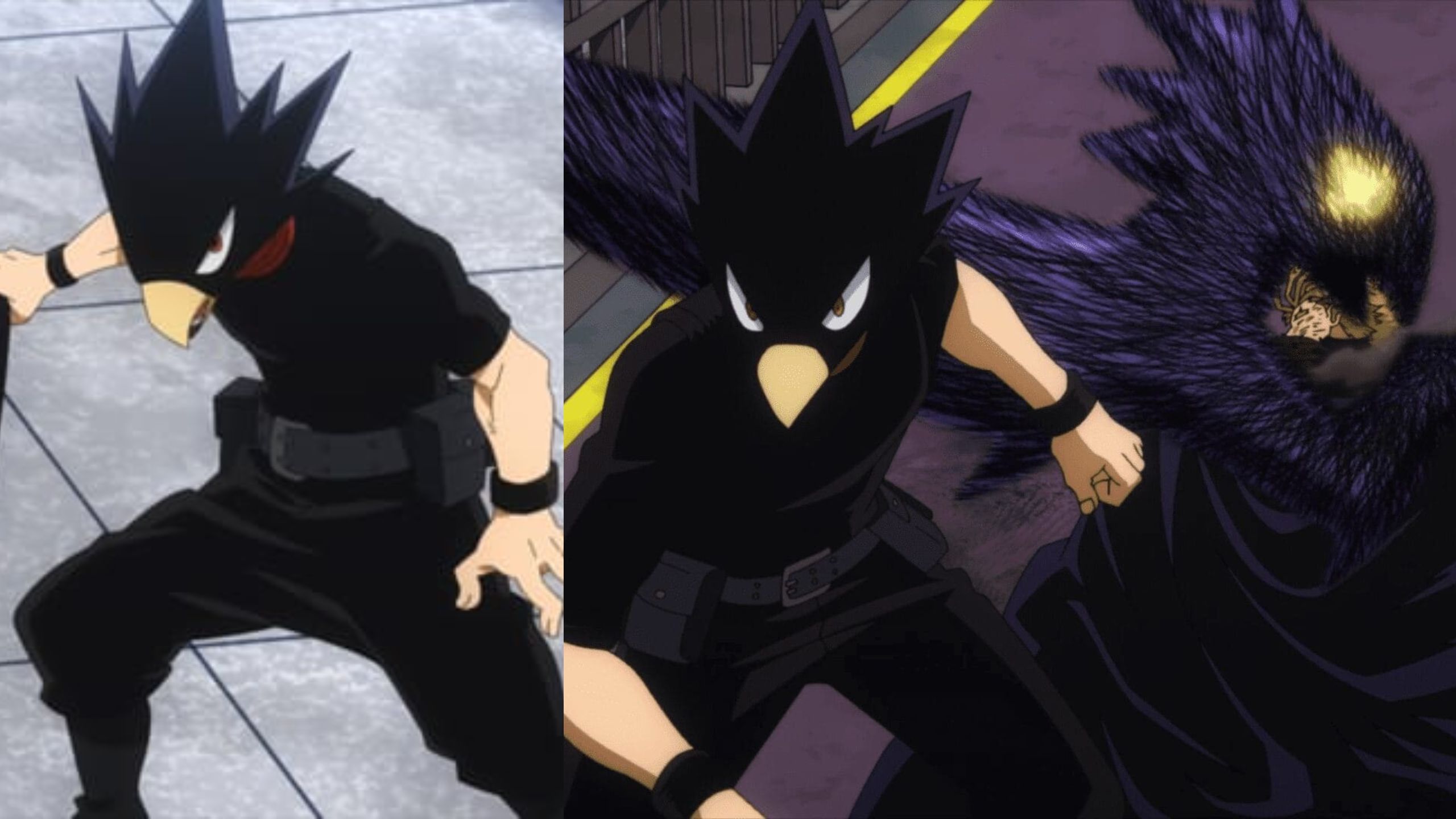
In this arc, Tokoyami loses control of Dark Shadow due to the overwhelming darkness of the forest, causing the Quirk to rampage uncontrollably.
This moment highlights the danger and unpredictability of Dark Shadow, as well as the struggle Tokoyami faces in mastering his power.
However, this arc is one of the few times where the relationship between Tokoyami and Dark Shadow is truly examined.
After this point, the series returns to focusing on other characters and plotlines, leaving Tokoyami’s internal struggles largely unexplored.
The Forest Training Camp arc could have been a springboard for deeper exploration of Tokoyami’s character, particularly his fears, insecurities, and the burden of controlling a powerful and sentient Quirk.
Dark Shadow’s Role in the Larger Narrative
In the grand narrative of My Hero Academia, Dark Shadow plays a supporting role.
While it is undeniably a powerful Quirk, capable of both offense and defense, it is often overshadowed by the more visually and thematically dominant abilities of other characters.
The series tends to focus on Quirks that are directly tied to the central themes of the story, such as the legacy of One For All and the destructive potential of All For One.
Dark Shadow, with its unique characteristics and potential for deep character development, could have been a focal point in exploring the theme of power and control.
Tokoyami’s struggle to master Dark Shadow could have mirrored the broader struggles faced by other characters, such as Deku’s journey to control One For All or Shoto Todoroki’s reconciliation with his dual nature.
By giving more attention to Tokoyami and his Quirk, the series could have added another layer to its exploration of what it means to be a hero.
Furthermore, Dark Shadow’s sentience raises interesting questions about the nature of Quirks themselves.
If a Quirk can possess its own will and consciousness, what does that mean for the relationship between a hero and their power?
How dark shadow seems to be their own "person", they have a separate personality to tokoyamis, they seem to have likes and dislikes, they have the ability to say NO but they're not actually a separate person
Sentient quirks as a idea is really under developed https://t.co/RAtR4UG9fx pic.twitter.com/syPx6TwjBG
— ʚ♡ɞ Ivy Smooches |୧ (@ivysmooches) August 13, 2024
How much control does a person truly have over their Quirk, and what are the ethical implications of using a sentient being as a tool or weapon?
These are questions that My Hero Academia touches on but never fully answers, leaving room for further exploration.
Legacy of Dark Shadow in My Hero Academia
As My Hero Academia concludes, the legacy of Dark Shadow remains one of untapped potential.
While the Quirk has provided some memorable moments in the series, it never received the full attention it deserved.
Tokoyami and Dark Shadow could have been a vehicle for exploring complex themes of identity, control, and the nature of power, but instead, they remain secondary characters in a story dominated by larger-than-life heroes and villains.
This is not to say that Dark Shadow has no impact on the series.
Tokoyami’s battles, particularly during the Forest Training Camp and the Joint Training Arc, showcase the raw power and versatility of Dark Shadow, earning him a place among the more formidable students of Class 1-A.
However, the lack of deeper exploration into the relationship between Tokoyami and Dark Shadow leaves fans wanting more.
In the end, Dark Shadow stands as a symbol of what My Hero Academia could have been an exploration of the complexities of power and the human condition through the lens of a unique and fascinating Quirk.
While the series has achieved great success and left a lasting impact on the world of manga and anime, the missed opportunity to go deeper into characters like Tokoyami and concepts like sentient Quirks is a reminder that even the most celebrated works have room for growth.
A Story with Untapped Depths
My Hero Academia has given fans countless moments of excitement, emotion, and inspiration, and its characters have become beloved figures in the anime and manga world.
However, as the series comes to a close, it’s clear that there were opportunities for even greater storytelling that were left unexplored.
Fumikage Tokoyami and his Quirk, Dark Shadow, represent one of these missed opportunities.
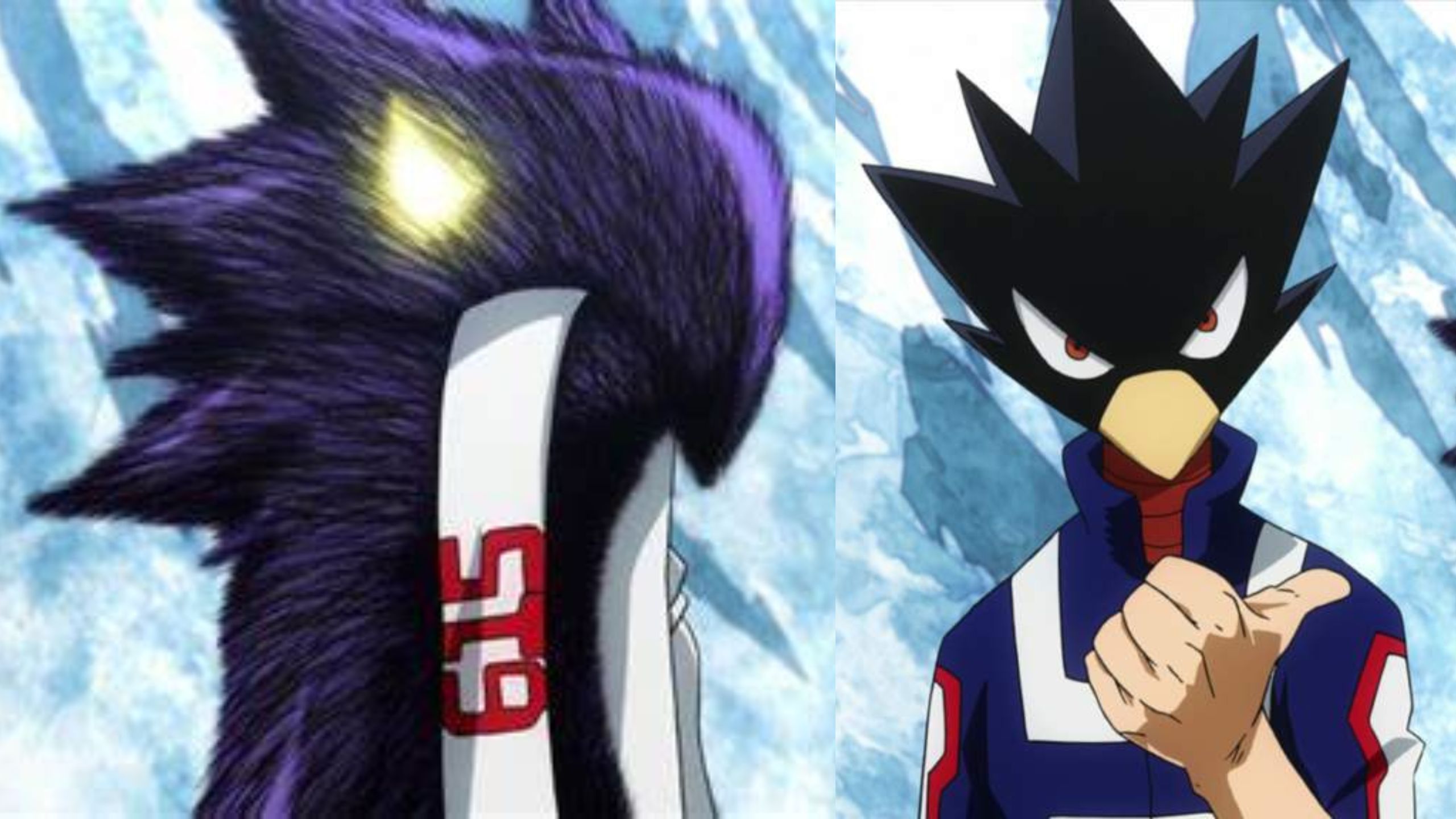
The potential for deep character development, the exploration of complex themes, and the unique nature of a sentient Quirk were all present but never fully realized.
As fans reflect on the series and its impact, Dark Shadow remains a fascinating yet underdeveloped aspect of the My Hero Academia universe.
In the end, My Hero Academia will be remembered as a groundbreaking series that pushed the boundaries of the shonen genre, but it will also be remembered for the stories it could have told but didn’t.
Tokoyami and Dark Shadow are a testament to the rich potential that lies within the My Hero Academia world, a potential that fans can only hope will be explored in future works or spin-offs.
As we bid farewell to My Hero Academia, it’s worth celebrating the series for all that it achieved, while also acknowledging the areas where it fell short.
The legacy of Dark Shadow may be one of missed opportunities, but it also serves as a reminder of the endless possibilities that exist within the manga and anime world.
Perhaps, in the hands of future creators, these possibilities will be realized, giving characters like Tokoyami and Quirks like Dark Shadow the spotlight they truly deserve.


